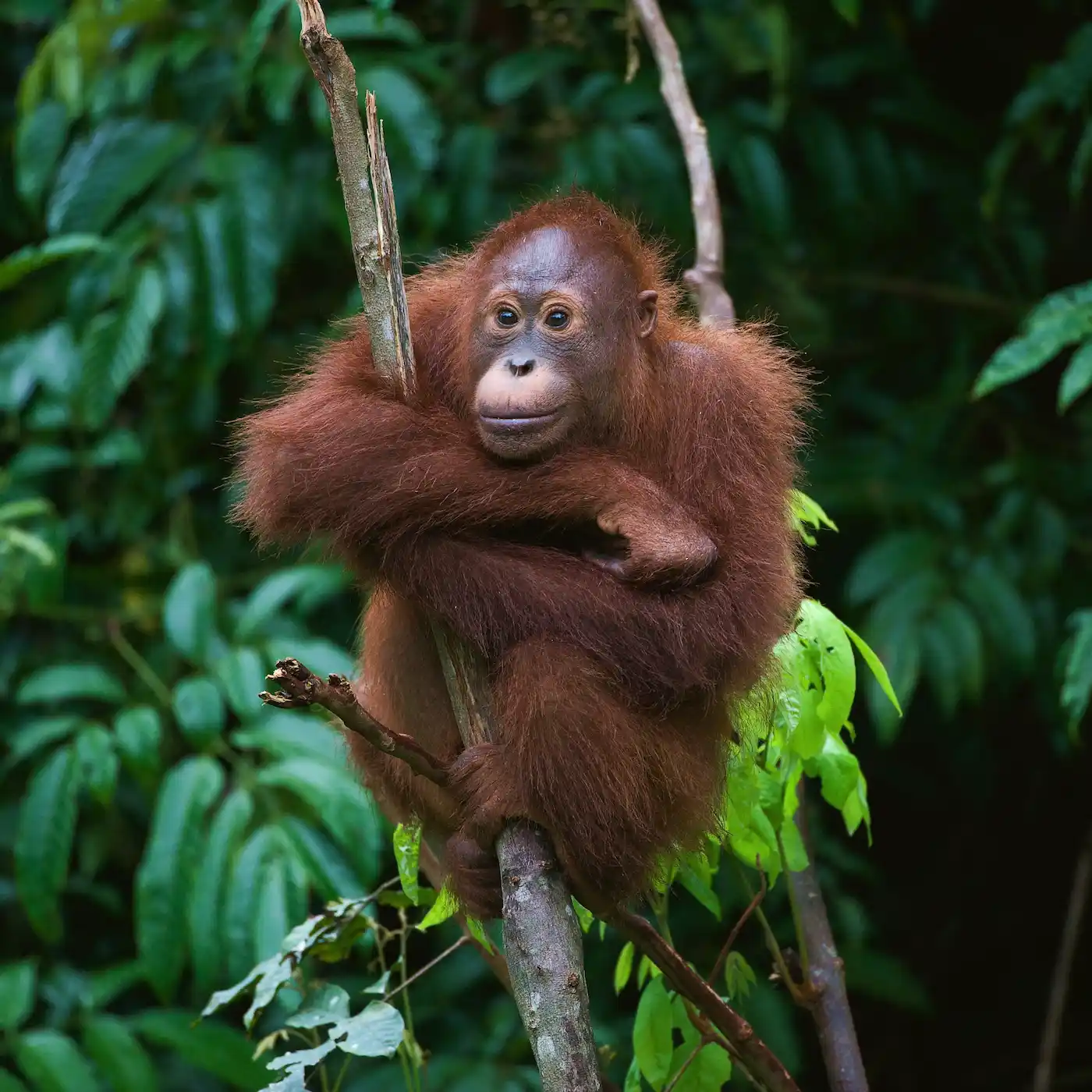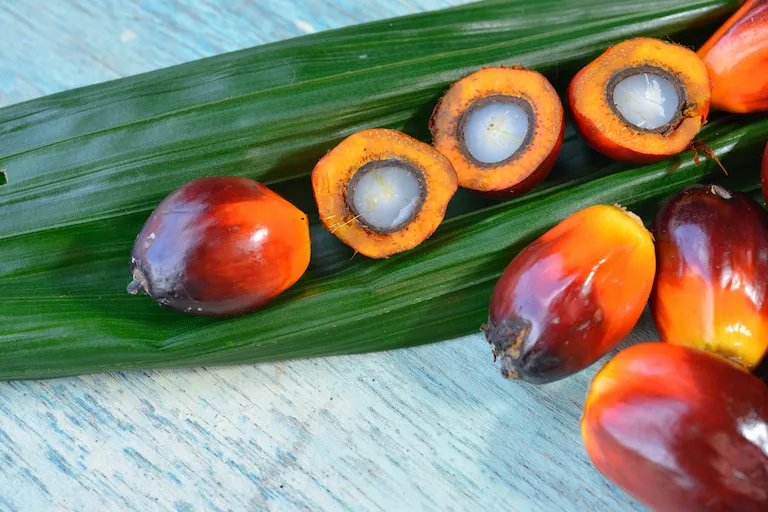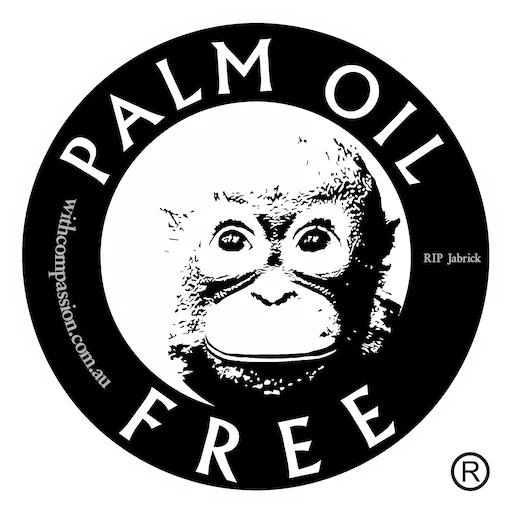Are we losing momentum in the campaign against Palm Oil?


When I started Amaranthine, I knew it had to be palm oil free. In fact, we became the first skincare company in the world to receive the Palm Oil Free Certification Trademark — something I’m still incredibly proud of.
Back in 2018, this trademark was new. Today, more brands in food, beauty, and household goods are applying for it, and awareness is growing. My hope is that one day it will be as recognised as cruelty free logos like Leaping Bunny.
But more than five years on from the surge of public conversation — remember the 2018 Iceland Christmas advert? — I can’t help wondering: are we still moving forward, or slipping back into old habits?
Key takeaways
- Palm oil is everywhere — from food to cosmetics — often hidden under unfamiliar ingredient names.
- Its production drives deforestation, wildlife loss, and human rights abuses in tropical regions.
- Certification matters — the Palm Oil Free Certification Trademark offers clear, trustworthy labelling.
- “Sustainable” palm oil claims are often unreliable due to weak standards and complex supply chains.
- Consumers can drive change by choosing palm oil free products and supporting ethical brands.
What is palm oil?
Palm oil is a vegetable oil from the fruit of the African oil palm (Elaeis guineensis). Native to West Africa, it’s now grown in vast plantations across tropical regions.
Top producers: Indonesia and Malaysia supply over 80% of the world’s palm oil, but plantations in West Africa and Latin America are expanding.
Why it’s so common: Palm oil is cheap, versatile, and high yielding — one hectare can produce up to 10 times more oil than other crops.
Where you’ll find it: According to Greenpeace, it’s in over half of packaged supermarket goods. In cosmetics, it appears in everything from lipstick to face cream, often under names you wouldn’t recognise.

The problem with palm oil
The scale of the industry has devastating impacts:
- Deforestation – vast areas of rainforest are cleared for plantations.
- Wildlife loss – orangutans, Sumatran tigers, and rhinos are critically endangered.
- Human rights abuses – indigenous people are displaced; workers face poor conditions.
- Climate damage – clearing and burning forests releases carbon and creates hazardous air pollution.
Why Amaranthine is certified palm oil free
Palm oil derivatives hide in hundreds of cosmetic ingredients, making it almost impossible for consumers to tell whether a product contains it.
That’s why, when certification became available in the UK in 2018, I applied straight away. The Palm Oil Free Certification Trademark means every part of our supply chain has been checked to strict standards. You can trust our products are genuinely palm oil and palm derivative free.
“Sustainable” palm oil — fact or fiction?
The Roundtable on Sustainable Palm Oil (RSPO) was formed in 2004 to improve practices, but critics say its standards are too low and enforcement too weak.
Investigations have linked RSPO‑member companies to illegal deforestation, rights violations, and corruption. While some argue that replacing palm oil with other crops could require more land, alternatives like sunflower or rapeseed can grow in less ecologically sensitive regions.
Are we losing momentum?
Public awareness around palm oil peaked a few years ago, but without continued pressure, companies have little incentive to change. Global demand is still rising, and plantations continue to expand.
We can’t afford to let this issue fade. Every purchase is a vote — and our choices can help protect rainforests, wildlife, and communities.
What you can do
- Look for the Palm Oil Free Certification Trademark.
- Read ingredient lists and learn the hidden names for palm oil.
- Share what you learn with others.
- Support ethical businesses that put sustainability first.

Why palm oil free skincare matters
Choosing palm oil free skincare is a small but powerful way to reduce your environmental impact. By avoiding ingredients linked to deforestation and habitat loss, you’re supporting a more sustainable and ethical beauty industry — one that puts the planet and its people first.
At Amaranthine, every product is lovingly handmade in Scotland and proudly certified palm oil free. If you’re looking to make more conscious skincare choices, I invite you to explore the full range from gentle cleansers to nourishing face oils — all crafted with care for your skin and the planet.
Article updated 7/8/25







